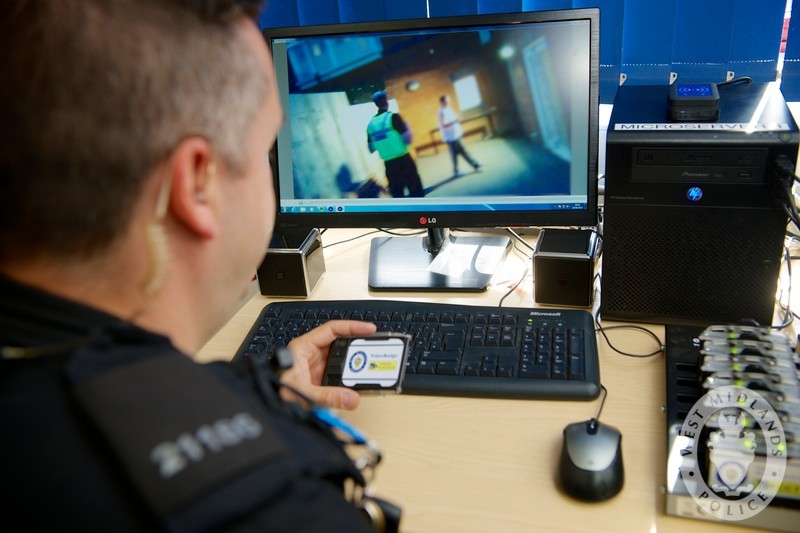Last October, the District launched a pilot program to outfit its police officers with body-worn cameras.
But a year later, one crucial issue for open gov advocates has not been resolved. And that’s whether the public has a right to request copies of the footage through the freedom of information law.
Mayor Muriel Bowser has hemmed and hawed on this point. Her latest legislative proposal would not even allow someone who filed charges against a police officer to access footage of their interaction. The same holds for cases where a civilian is charged by a police officer because of an incident caught on tape.
One of the arguments advanced by D.C. police chief Cathy Lanier is that releasing videos to the public would be too costly for the Metropolitan Police Department (MPD). The “complex and labor-intensive task” of editing and redacting videos to comply with privacy requirements would be too much to handle.
Balderdash, says Office of Open Government Director Traci Hughes, who once served as MPD’s spokesperson.
“The Mayor and the Chief of Police are trying to withhold from the public its right under the Freedom of Information Act to review this video,” she told Technical.ly DC. If they’re successful, she added, “It’s going to send the District down on a slippery slope.”
So, here’s an assignment for local open government advocates: Go show ’em how editing videos and storing footage can be done efficiently and on the cheap.
“It’s a win-win for everyone because there is no cost implied,” said Hughes. “It’s an opportunity for civic technologists to get involved in a meaty problem and do something that’s good for the city.”
Hughes cited Seattle as an example. Late last year, the city’s police department began its own police body camera pilot program. In December, it organized a hackathon, in partnership with a man who’d filed a massive public records request, and eventually offered his technical expertise to facilitate the process. Now, the Seattle Police Department posts these videos on YouTube.
The District is teeming with dedicated civic technologists. Surely a similar effort is within our reach.
Hughes noted, “It would also send a message that the administration is attempting to take a more collaborative approach” to solving the kind of transparency issues it once professed to embrace.
Here’s what civic technologists can do to make police body cameras actually useful







